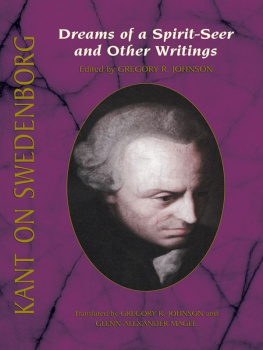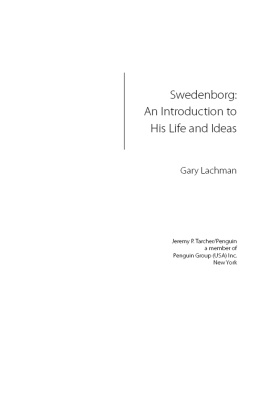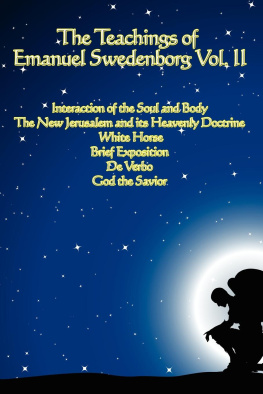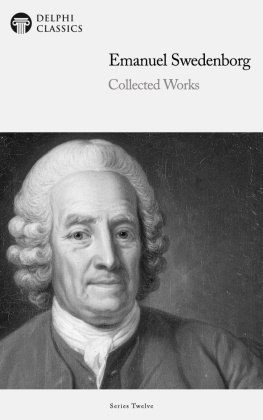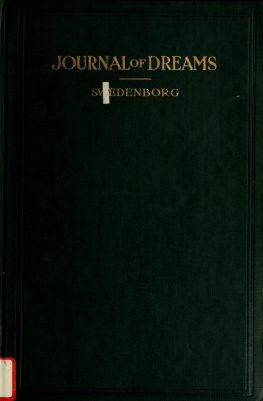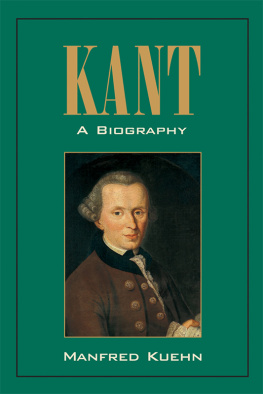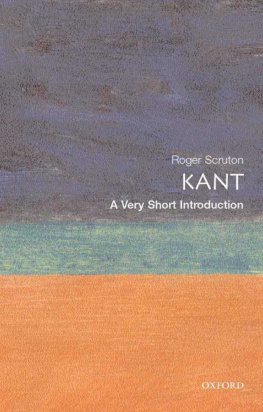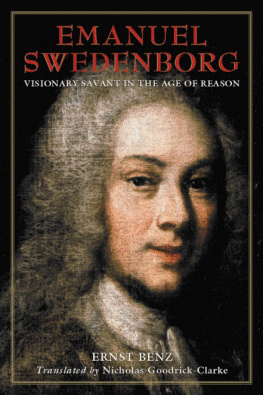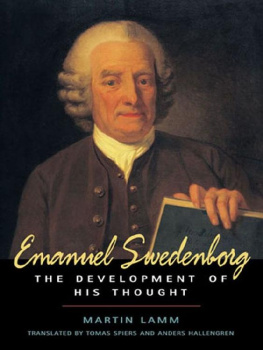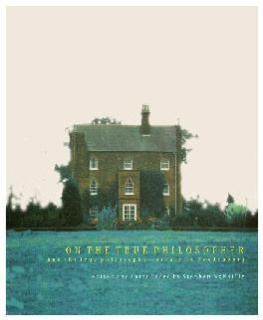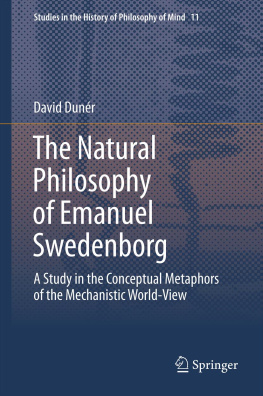Gregory R. Johnson (ed.) - Kant on Swedenborg: Dreams of a Spirit-Seer and Other Writings
Here you can read online Gregory R. Johnson (ed.) - Kant on Swedenborg: Dreams of a Spirit-Seer and Other Writings full text of the book (entire story) in english for free. Download pdf and epub, get meaning, cover and reviews about this ebook. year: 2013, publisher: Swedenborg Foundation Publishers, genre: Religion. Description of the work, (preface) as well as reviews are available. Best literature library LitArk.com created for fans of good reading and offers a wide selection of genres:
Romance novel
Science fiction
Adventure
Detective
Science
History
Home and family
Prose
Art
Politics
Computer
Non-fiction
Religion
Business
Children
Humor
Choose a favorite category and find really read worthwhile books. Enjoy immersion in the world of imagination, feel the emotions of the characters or learn something new for yourself, make an fascinating discovery.
- Book:Kant on Swedenborg: Dreams of a Spirit-Seer and Other Writings
- Author:
- Publisher:Swedenborg Foundation Publishers
- Genre:
- Year:2013
- Rating:4 / 5
- Favourites:Add to favourites
- Your mark:
Kant on Swedenborg: Dreams of a Spirit-Seer and Other Writings: summary, description and annotation
We offer to read an annotation, description, summary or preface (depends on what the author of the book "Kant on Swedenborg: Dreams of a Spirit-Seer and Other Writings" wrote himself). If you haven't found the necessary information about the book — write in the comments, we will try to find it.
Dreams of a Spirit-Seer, Immanuel Kants book on Emanuel Swedenborg, has mystified readers since its publication in 1766 during Swedenborgs lifetime. The unusual style and content of Dreams have given rise to two opposing interpretations. Most Kant scholars regard the work as a skeptical attack on Swedenborgs mysticism. Other critics, however, believe that Kant regarded Swedenborg as a serious philosopher and visionary, and that Dreams both reveals Kants profound debt to Swedenborg and coneals that debt behind the mask of irony.
In addition, Dr. Gregory R. Johnson provides selections from other Kantian writings that mention Swedenborg and also contemporary reviews of Dreams, showing that Kant himself was ambivalent about Swedenborgs claims and that readers of his day questioned his position.
With its extensive notes, this work is an invaluable resource for students of Kant and of Swedenborg.
Gregory R. Johnson (ed.): author's other books
Who wrote Kant on Swedenborg: Dreams of a Spirit-Seer and Other Writings? Find out the surname, the name of the author of the book and a list of all author's works by series.

